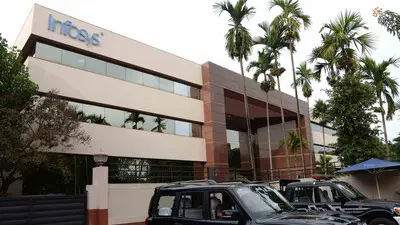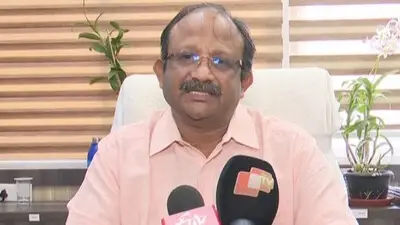Recommended Stories
It said the Monsoon Session of Parliament was postponed to buy time to negotiate with the `civil society` on the Lokpal bill and prepare to face the Opposition on the unfolding of major corruption scandals.
"The government`s bizarre handling of this entire (Lokpal) issue, including its fiasco with regard to Ramdev, has cast a long shadow over its competence at governance", CPI(M) Politburo member Sitaram Yechury said.
Ostensibly, the postponement was meant to allow the government "buy time in dealing with its negotiations with sections of the so-called `civil society` over the Lokpal legislation.
"In reality however, this postponement appears to have been done to buy time to work out a better strategy and respond to the demands of the opposition in the face of growing and new scams of corruption that are surfacing, like the one in the gas sector," he said in an editorial in the forthcoming issue of party organ `People`s Democracy`.
In the process, the government`s decision "only compounds the demeaning" of parliamentary democracy by sections of the `civil society`, with some of them making "absolutely outrageous comments" questioning the right of MLAs and MPs to represent the vast millions of the people.
"This is nothing else but showing contempt for our parliamentary democracy and also seeking to undermine it" and "by delaying the convening of the Parliament session, the government is only prolonging the problem and preventing its solution. This is inexcusable," Yechury said.
Asserting that this "contempt the `civil society` leaders have for the people, the voters and the electoral system must be rejected", the CPI(M) leader said the postponement of the Parliament session "only provides grist to the anti-democratic mill of such very people".
"These leaders will do well to remember that it is these common voters who through their electoral verdicts defeated the authoritarian streak in Indian democracy in 1977 ... (and) in 2004 ensured the defeat of the communal forces to uphold the fundamental secular and democratic tenets of our republic", he said.
"In the final analysis, it is this very electorate that has created conditions for `candle-light processions` and `hunger strikes` to be undertaken by leaders of the so-called `civil society`, Yechury said.
The Left parties have always demanded 100 days of sitting of Parliament in a calendar year which has "never been achieved in the recent decades. In fact a couple of years ago, Parliament sat for a mere 46 days".
He said curtailment of Parliament enables government to escape from its accountability while the urgent problems burdening the people, like price rises, remain unattended.
He also strongly advocated the evolving of "a parliamentary timetable" to ensure that the objective of 100 days of sittings is achieved. It would also enable other constitutional authorities like Election Commission in deciding the dates of elections to various state assemblies.
The budget discussions had to be guillotined twice in the last four years due to elections to some state assemblies, he pointed out. "Such curtailment of budgetary discussions is no healthy practice in a democracy".












